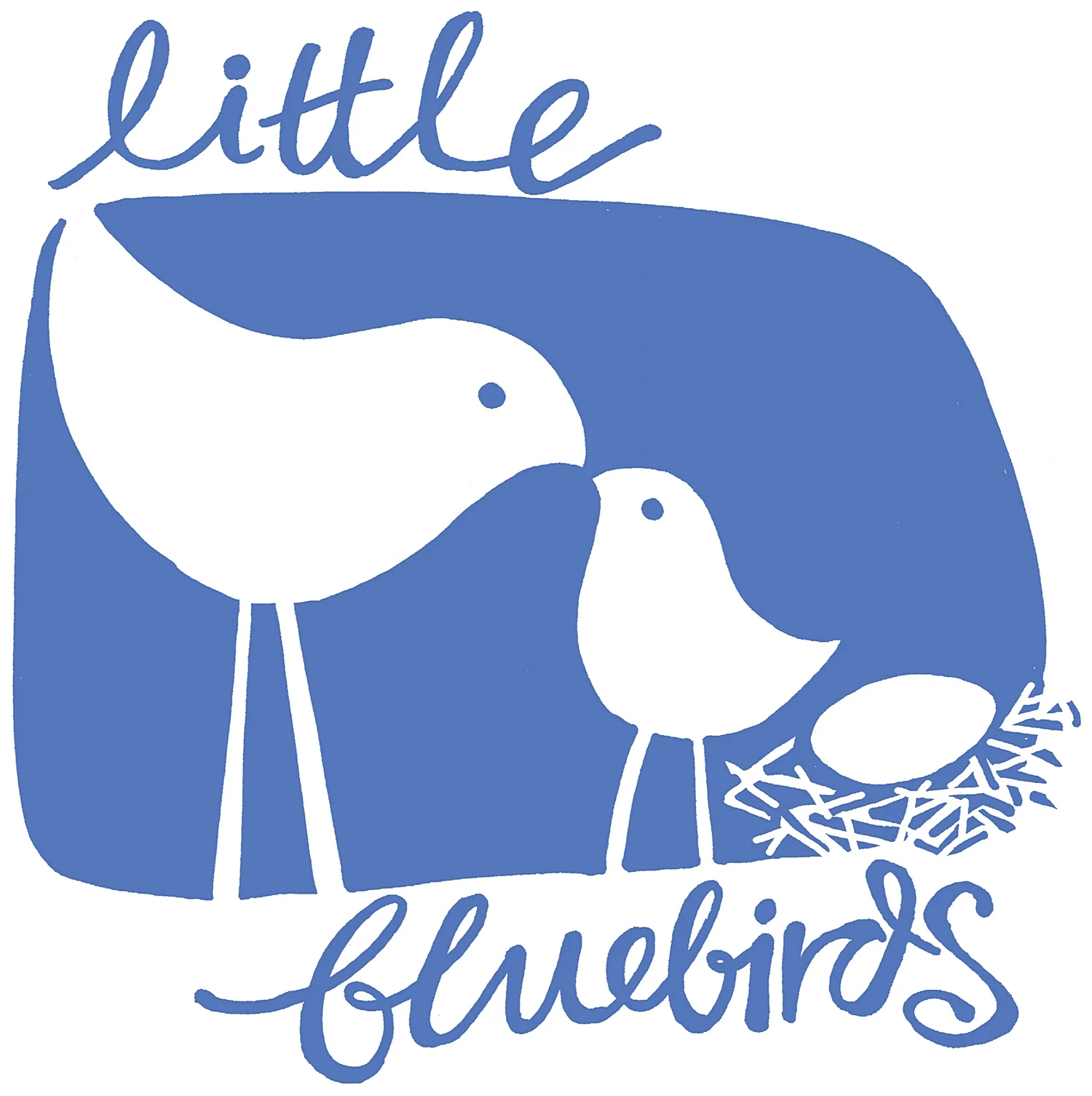Disadvantage and Early Literacy
Photo by Annie Spratt on Unsplash
Maybe a global pandemic is the right time to stop reading Dystopian fiction
If there is one thing we can learn from the Covid-19 Pandemic, it’s that people living in poverty or experiencing disadvantage cannot be blamed for their own situation. There are infinite reasons people may be experiencing disadvantage but I’d like to list a few that that have been highlighted by this pandemic:
Job loss
Loneliness and social isolation
No access to the internet at home
Mental Health Issues
Illness
Death of a loved one
In the last year many of us are experiencing some, or all, of these to an extent. This offers us a chance to start to understand the lives of those whose disadvantage didn’t begin with the pandemic. It’s difficult to express how fully these circumstances can affect the daily lives of those experiencing them and how they can impact all aspects of life, even literacy development in children.
Photo by Jason Leung on Unsplash
Some of the best ways to support early literacy are really simple; talk to our children, read them books and sing them songs and rhymes. But, is it really that easy?
When facing difficulties, we tend to spend a lot more time in our own head. We often talk less, are less expressive and find it harder to deal with everyday things. When we’re struggling with our own issues, it is harder to engage with our family so, it’s no surprise we’re not cheery enough to sing to our baby, or we’re too tired to read the same book to our 5 year old for the 10th time, or even to give a running commentary to our 3 year old about the bugs they’ve stopped to stare at as we walk home. Sometimes it’s hard, overwhelmingly so.
What can we do?
Try and join a local preschool group. These are often full of toys and books but also conversation and connection. If you’re really lucky, there will be singing too. Check your local library if you don’t know where to start.
Commit to reading 1 book per day. It doesn’t matter when and it doesn’t matter how small. This small task will give huge benefits in the long term.
Pop ABC Kids Listen on the radio (or computer or phone). It’s not going to replace conversation, but while you’re feeling low, it’s a fine substitute. There are stories and songs and even a news program for preschoolers.
Of course, this is an incredibly simplistic view of extraordinarily complex issues Sometimes it’s enough to just get through the day. On the other days, try to implement a small change. It can make a BIG difference!





